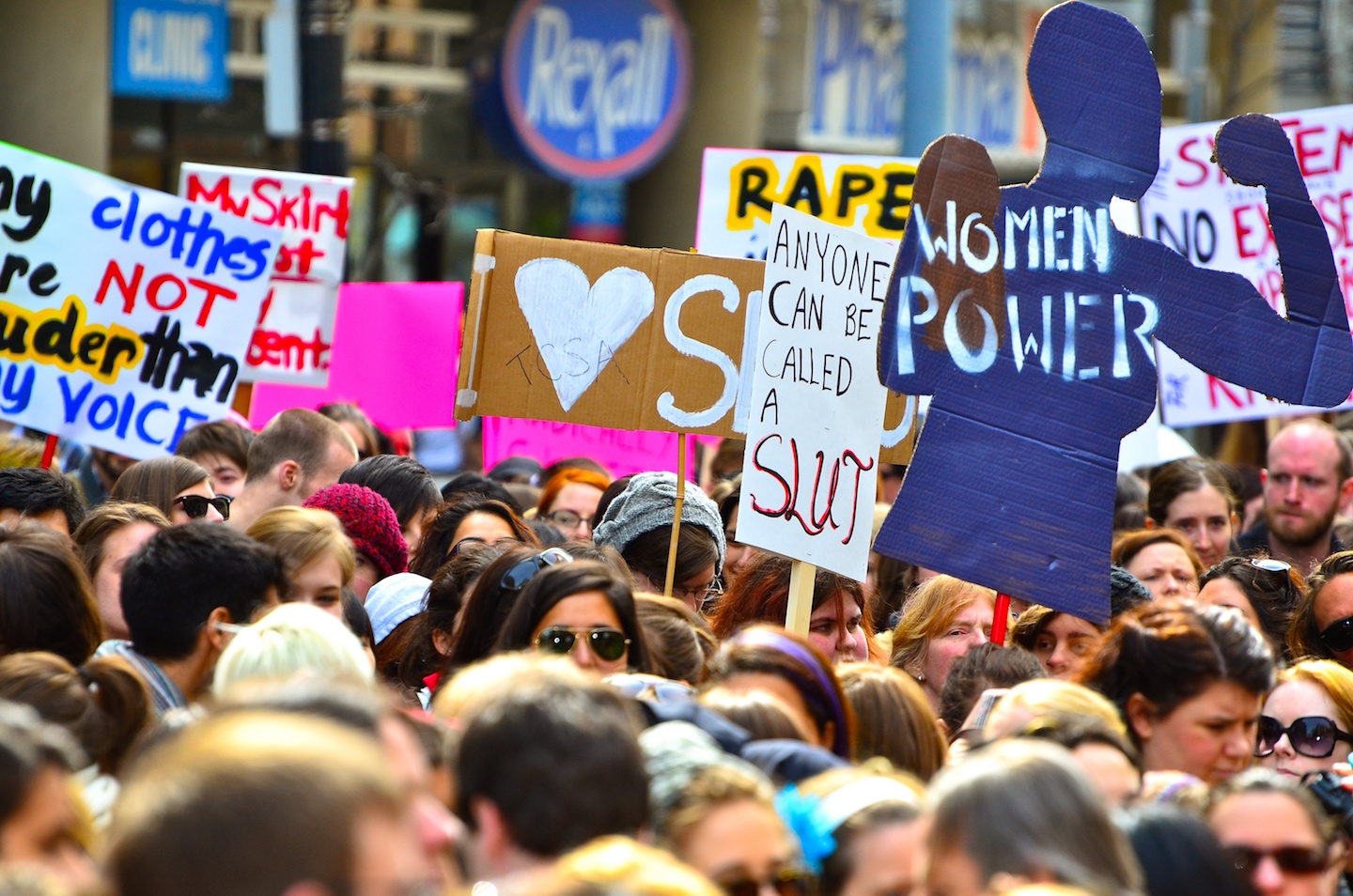Serena Williams, Colin Kaepernick and Ryan Lochte: Three athletes who are a total disgrace to professional sports
09/17/2018 / By Isabelle Z.

Serena Williams’ unsporting behavior during the U.S. Open final this month sparked a lively debate among tennis fans and even those who don’t follow sports. Some brushed the incident off as her simply having a bad day, while others felt she cast her sport into disgrace.
When chair umpire Carlos Ramos saw her coach gesturing to her in what appeared to be coaching advice, he issued her a violation. When she then broke her tennis racket in frustration, she was given a point penalty, and this caused her to lash out at the umpire.
She said she has never cheated in her life and wasn’t receiving coaching – although her coach later admitted guilt – demanding an apology from him and saying she is setting a good example for her daughter. After calling him a “thief” during her outburst, she earned her third violation, which came with a game penalty. She was also fined $17,000 for her outburst.
Unfortunately, her 20-year-old Japanese opponent Naomi Osaka didn’t get to bask in the glory of winning her first grand slam and beating a player who she once idolized. She was playing well and was on track to win regardless of Williams’ penalty, but her incredible victory was overshadowed by the outburst and she bowed her head in tears during the post-match presentation.
Serena has said that she’s “fighting for all women” but apparently she means all women except the one who was across the net from her. Williams wants to be a role model for young girls, and indeed she is to many, but this is hardly the sort of behavior people want their daughters to emulate.
Colin Kaepernick
Yet there are athletes who have behaved far worse than Williams in recent years. When NFL quarterback Colin Kaepernick first decided to kneel in protest during the U.S. National Anthem, it wasn’t the courageous move he seemed to think it was. In fact, most Americans were disgusted to see an overpaid football player disrespect the nation whose ideals have made his success possible in the first place. Moreover, the move set in motion a chain of events that saw protests against our military, police and flag that rage on today.
He was also seen wearing socks that portrayed police as pigs during team practice and T-shirts showing support for communist Cuban dictator Fidel Castro. What a great role model!
When Nike tried to grab headlines by using Kaepernick in a recent Just Do It campaign, they saw billions in market share losses. Many outraged consumers began burning their Nike products and boycotting the brand.
Ryan Lochte
Young people understandably look up to Olympic medalists, and as a 12-time medal winner and the second-most decorated swimmer in the history of the Olympics, Ryan Lochte had a lot of young admirers. Unfortunately, he hasn’t used his position to inspire and set a good example. Instead, he acted foolishly on the international stage and embarrassed America, falsely claiming that he had been pulled over and then robbed at gunpoint by men wearing police badges in Rio de Janeiro at the Summer Olympics in 2016.
Rio isn’t exactly a safe place, and no one had any reason to doubt his story initially. However, surveillance footage later revealed that the story was fabricated and that some of the members of their group vandalized a gas station bathroom. Lochte later said he had exaggerated what happened while drunk. Brazilian authorities charged him with filing a false robbery claim, and he was suspended from international and domestic competitions for 10 months by USA Swimming over the incident.
He racked up another suspension this July for receiving a “prohibited intravenous infusion.” Although he claimed that the injection only contained vitamins, the USADA does not permit infusions of allowed substances in large volumes without receiving a Therapeutic Use Exemption first.
The offense was big enough to earn him a 14-month ban, and his fellow swimmers said that Lochte was more than likely well aware of the rule. Flouting the regulations is hardly acceptable behavior from athletes at the top of their field – or any athletes, for that matter.
Athletes are humans and we all make mistakes, but the spoils of success also come with a big responsibility to follow the rules of their sport, treat others with respect, and set a good example on the world stage.
Sources for this article include:
Tagged Under: Athletes, bad behavior, bad example, celebrities, Colin Kaepernick, idols, immature, Olympics, professionalism, role model, Ryan Lochte, Serena Williams, sore loser, sports, sportsmanship, unprofessional




















